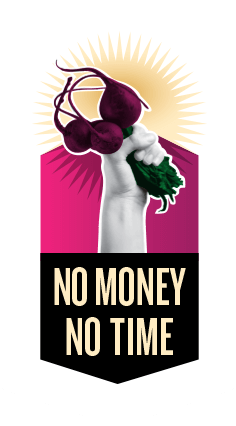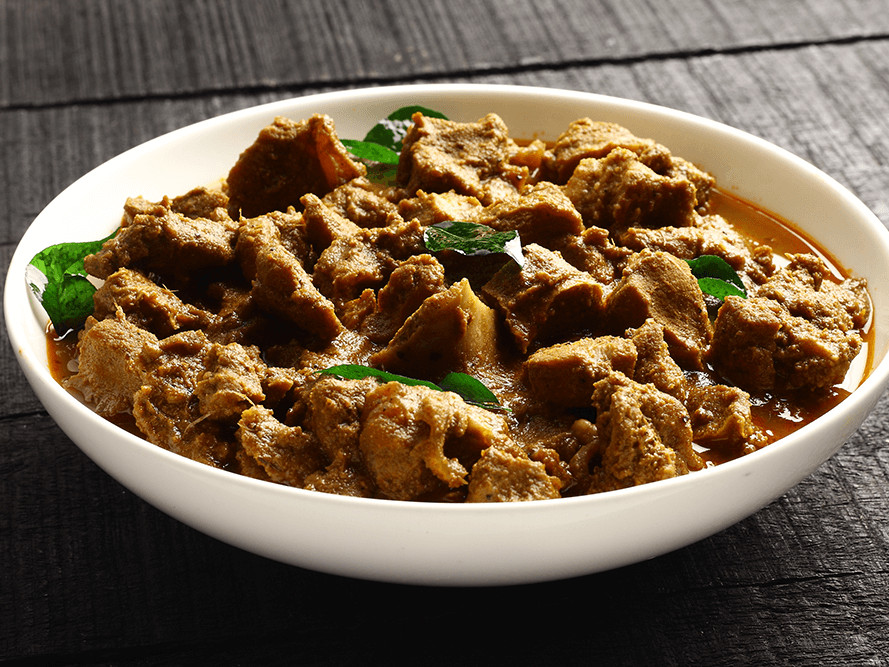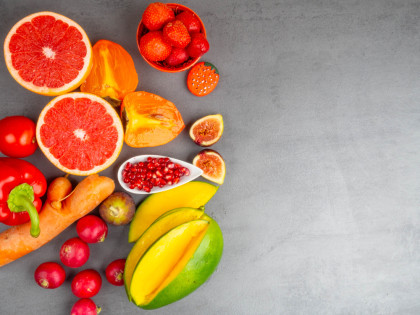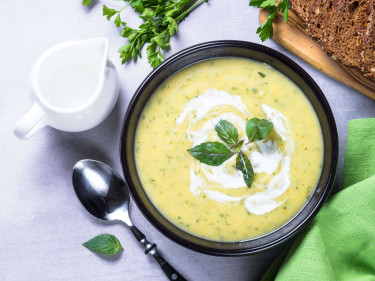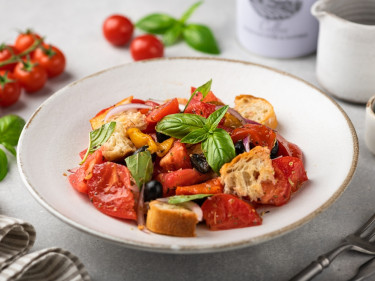Serves = 10
1 tbsp extra virgin olive oil
1kg gravy beef/chuck steak, cut into 2.5cm cubes, trim and discard fat
- 1 large brown onion, chopped
- ½ cup korma curry paste
- 500g potatoes, cut into 2cm cubes
- ½ cauliflower (approx. 300g), cut into small florets
- 2 carrots, peeled and sliced into rounds
- 2 x 400g can diced tomatoes
- 1 cup reduced salt vegetable stock
1 cup water
- 1 ½ cup frozen peas,
- 7.5 cups cooked brown rice to serve (use 3.75 cup uncooked rice)

